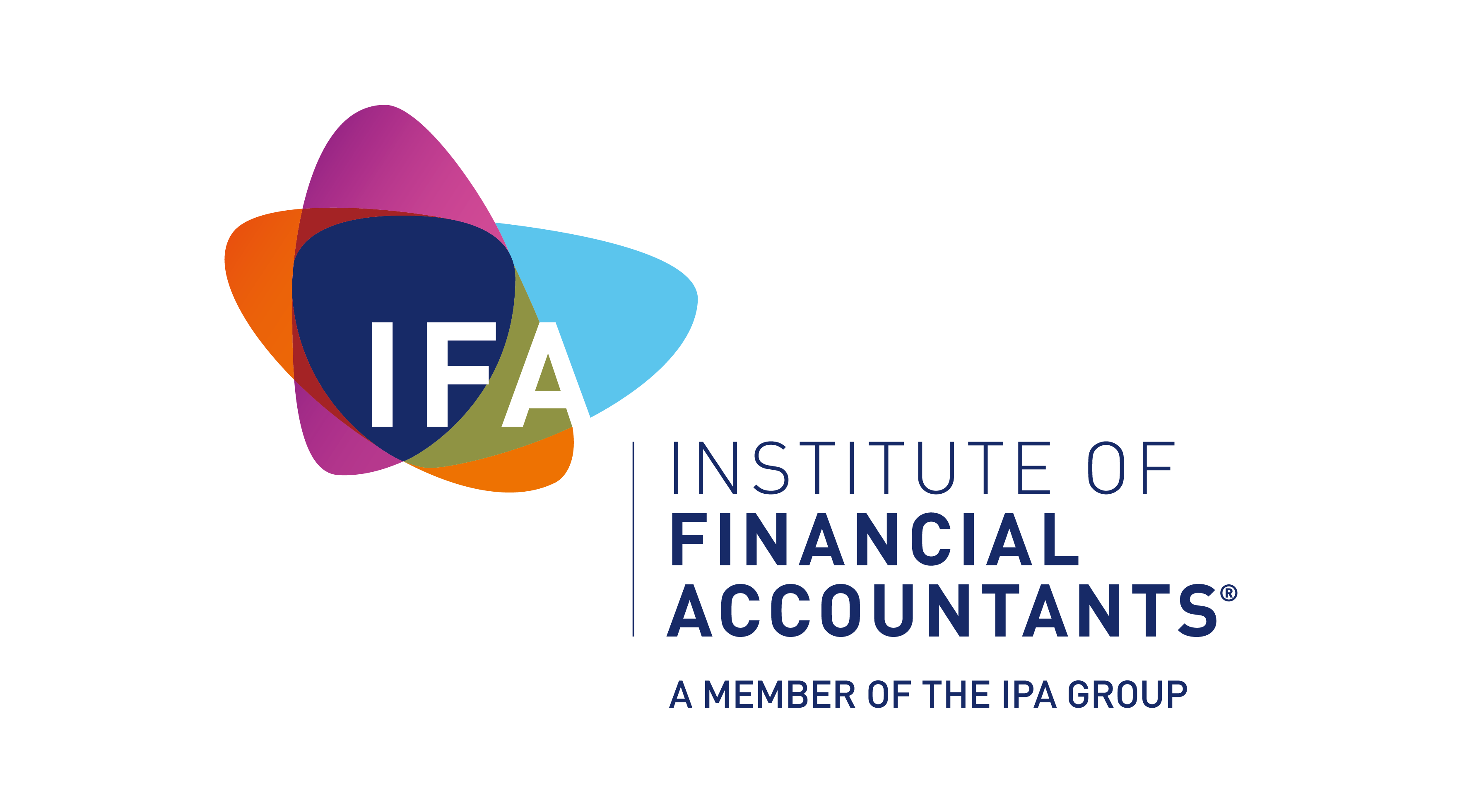UK law and guidance
The UK anti-money laundering regime requirements are set out in the Proceeds of Crime Act 2002 (POCA) (as amended by the Serious Organised Crime and Police Act 2005 (SOCPA)), the Money Laundering, Terrorist Financing and Transfer of Funds (Information on the Payer) Regulations 2017 (MLR 2017) and the Terrorism Act 2000 (TA 2000) (as amended by the Anti-Terrorism, Crime and Security Act 2001 (ATCSA 2001) and the Terrorism Act 2006 (TA 2006)).
Money Laundering Regulations 2017
The Money Laundering, Terrorist Financing and Transfer of Funds (Information on the Payer) Regulations 2017 (MLR 2017) effective on 26 June 2017, aim to ensure that the UK’s anti-money laundering regime implements the EU Fourth Money Laundering Directive and is in line with the Financial Action Task Force’s standards and recommendations. The regulations build on the Money Laundering Regulations 2007 and introduce some significant changes which are summarised here.
To help IFA members meet their obligations under the MLR 2017, in addition to guidance contained in the website, we have:
- developed an Anti-Money Laundering checklist. This checklist covers policies, controls and procedures, awareness and training, record keeping, firm’s risk assessment of money laundering or terrorist financing risks, client due diligence (CDD), reporting, supervision and monitoring requirements under the regulations; and
- provided an online Anti-Money Laundering Compliance software for free to our supervised firms.
HM Treasury is currently revising the MLR 2017 to implement the changes required by the EU Fifth Anti-Money Laundering Directive (5MLD). The Directive must be transposed into UK Law by 10 January 2020.
The government consulted on the Transposition of the Fifth Money Laundering Directive in June 2019. To date, there has been no government response to this consultation nor have the draft regulations been issued.
This content will be updated when the updated regulations and updated Anti-Money Laundering Guidance for the Accountancy Sector are available.
Many of the changes under 5MLD don’t affect accountancy firms – as the changes bring letting agents, art dealers and crypto currencies into scope. However, there are a few key areas that firms will need to address in their policies and procedures:
- firms providing both direct and indirect tax advice are now captured by the rules (eg, repayment agents who act in the course of business as tax advisers, often referred to as high volume repayment agents);
- when you take on a client, you must check that the client has filed details of the persons with significant control with the registrar (ie, Companies House) and report any discrepancies you identify; and
- confirmation that electronic ID verification can be considered as a reliable source of evidence, where the electronic process is free from fraud and provides sufficient assurance of the identity of the individual.
Proceeds of Crime Act 2002 (POCA 2002)
According to POCA 2002, a person can commit a money laundering offence if they:
- conceal, disguise, convert or transfer criminal property, or remove criminal property from England and Wales, or from Scotland or from Northern Ireland (section 327); or
- enter into or becomes concerned in an arrangement which he knows or suspects facilitates (by whatever means) the acquisition, retention, use or control of criminal property by or on behalf of another person (section 328); or
- acquire, use or have possession of criminal property except where adequate consideration was given for the property (section 329).
In addition to the money laundering offences, there are additional offences which only apply to the regulated sector (those in the scope of the MLR 2017) relating to failure to report a suspicion of money laundering (section 330) and 'tipping off' offence (section 333).
Further guidance on the POCA offences is available in Appendix A of the Anti-Money Laundering Guidance for the Accountancy Sector.
Anti-Money Laundering Guidance for the Accountancy Sector (AMLGAS)
HM Treasury has approved the Anti-Money Laundering Guidance for the Accountancy Sector. The guidance has been prepared to help accountants comply with their obligations under UK legislation to prevent, recognise and report money laundering. Compliance with this guidance will ensure compliance with the relevant legislation and professional requirements.
In addition, additional guidance has been issued for those providing tax services in the United Kingdom, on the prevention of money laundering and countering of terrorist financing.
UK national risk assessment
HM Treasury has published the 2017 update of the UK National Risk Assessment of Money Laundering and Terrorist Financing (NRA). The first version was published in 2015.
The NRA sets out the key money laundering and terrorist financing risks for the UK, how these have changed since the UK’s first NRA was published in 2015, and the action taken since 2015 to address these risks.
The government has informed the IFA that the next national risk assessment will be issued in July 2020.
Circumstances where there might be high risk of money laundering or terrorist financing
The IFA, in co-operation with the Accountancy Affinity Group, has identified a list of circumstances where there might be a high risk of money laundering or terrorist financing. Firms may find this guidance helpful when conducting their own firm-wide risk assessment of money laundering and terrorist financing as required by the MLR 17.
Flag it up campaign
The legal and accountancy sector are working with HM Government to support the Flag It Up campaign, a joint initiative that aims to raise awareness about the warning signs of money laundering.
- Visit the Flag It Up campaign page
- Watch the video aimed at accountants to raise awareness of the threat of money laundering
- Flag it Up Suspicious Activity Reporting Guidance
National Crime Agency (NCA)
- Guidance on making a Suspicious Activity Report (SAR) and requesting a Defence Against Money Laundering (DAML) is available on the NCA website
HM Treasury
- Money laundering and Terrorist financing controls in overseas jurisdictions - HM Treasury advisory notice
- Anti-Money Laundering and Counter-Terrorist Financing: Supervision Report 2015-17
